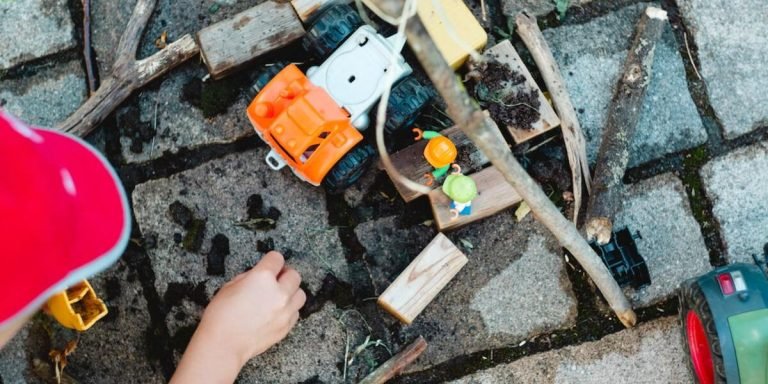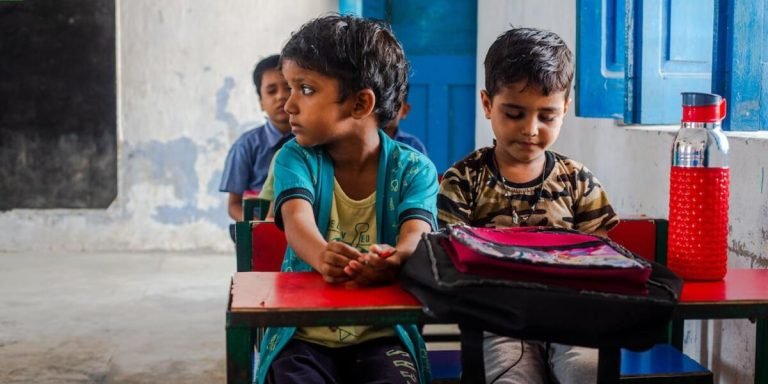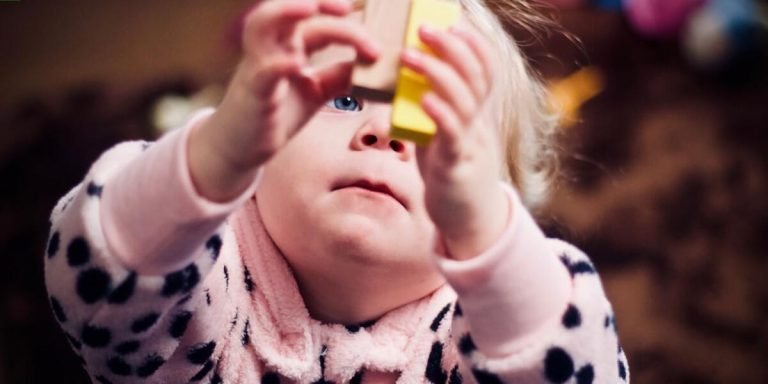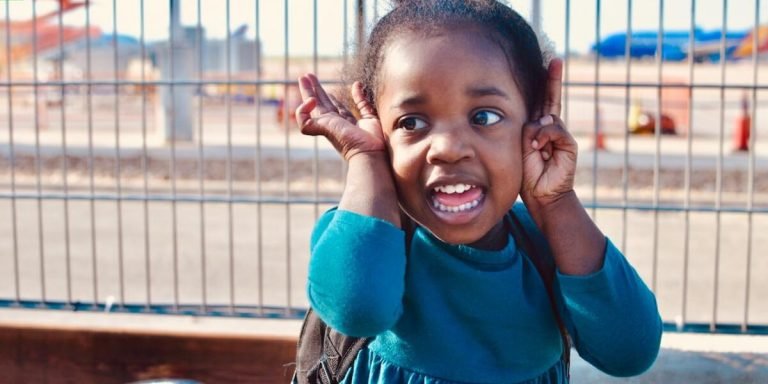Preschool Learning Activities: A Pathway to Early Educational Development
The early years of a child’s life are an integral period for learning and development, hence making “preschool learning activities” indispensable in their formative phase. These structured yet fun-filled practices can shape the kids’ thinking process while simultaneously fueling curiosity to understand the world around them better.
Preschool Learning Activities goes beyond just play; it is a well-calculated approach designed by educators to kindle cognitive abilities, fine motor skills alongside instilling social etiquette into children at this tender age. This amalgamation of interactive tasks not only prepares these little ones for elementary school but also builds up their intellectual capacity gradually with each activity they undertake daily.
Did you know?
Studies show that preschoolers who engage in well-structured learning activities tend to have higher cognitive abilities and pre-literacy skills, setting a strong foundation for their future educational journey.
Understanding the Impact of Preschool Learning Activities on Child Development
Preschool learning activities play a pivotal role in early childhood education. They stand as essential tools to stimulate cognitive, physical and emotional development among children. In this era of rapidly evolving educational practices, these activities serve as the foundation for instilling important lifelong skills such as critical thinking, problem solving and effective communication.
Exposure to organized preschool learning activities equips youngsters with an academic head start by fostering language acquisition and literacy skills from a tender age. Their experiences in engaging in various tasks can also augment their numerical abilities alongside nurturing creative talents through artistic endeavors like drawing or singing.
Importantly however is that aside from purely academic benefits, participation in preschool learning exercises helps young minds hone social interaction capabilities and better understand empathy – attributes significant for personal growth beyond mere scholastic success. Furthermore it fosters independence skill-building efforts that consolidate the importance of teamwork while reinforcing shared responsibilities which are key aspects of thriving communal living as they grow older.
The Role of Play in Cognitive and Social Growth
Preschool learning activities play a paramount role in shaping a child’s cognitive and social growth. During these crucial years, children are like sponges absorbing every bit of information that is presented to them.
One cannot underestimate the importance of play as an educational tool at this stage. Play-based preschool learning activities aren’t merely for entertainment; they’re integral for nurturing your little one’s mind, enhancing their awareness about themselves and others around them, encouraging curiosity, initiative and providing opportunities for problem-solving – all critical elements needed to build strong cognitive skills.
Socially speaking too, the significance of interactive play doesn’t diminish but instead gains momentum during early childhood education years. Participatory games encourage cooperative behavior among peers paving way towards developing essential life-skills including empathy-sharing perspectives which fosters better communication abilities later on.
In 2023 we acknowledge more than ever before how pivotal inclusive classroom environments are for fostering self-esteem among youngsters facilitating healthy relationships amongst each other whilst understanding respecting differences together appreciating diversity in its truest sense.
Furthermore research shows us repeatedly that involvement unstructured free playing preschool settings translates into fewer behavioral problems reduced stress levels increased positivity overall well-being-all direct impacts sustained exposure constructive enlightened guided playspace where serious work disguised pleasure happens!
Evaluating Structured vs. Unstructured Preschool Activities
In the evolving landscape of early childhood education, preschool learning activities have gained significant recognition for their impact on child development. As parents and educators alike aim to maximize this growth period in a child’s life, understanding how these activities function becomes increasingly important. These pursuits are broadly classified as structured or unstructured based on their format and execution.
Structured preschool learning activities follow a predefined setup managed by an adult or educator. They often include routines with specific goals like reading sessions, craft projects, math exercises, musical lessons etc., making them valuable tools for imparting theoretical knowledge and defined skills.
The benefits of such controlled environments can be manifold:
1) Cognitive Development: By focusing on particular tasks under guided supervision helps strengthen cognitive abilities.
2) Skill Acquisition: Children learn various necessary skills ranging within literacy numeracy through repetition and practice.
3) Discipline & Routine: A systematic approach teaches children about structure apart from promoting discipline adherence to routine.
Innovative Strategies for Implementing Preschool Learning Activities
Preschool learning activities form the bedrock of early childhood education, catalyzing cognitive development and setting the pace for lifelong learning. In recent years, especially in 2023, a notable shift has been observed towards incorporating innovative strategies that make these preschool lessons more immersive and engaging.
The first remarkable strategy entails weaving storytelling into routine educational exercises. This methodology capitalizes on young children’s innate love for stories by using them to deliver key concepts and skills covertly within an entertaining narrative. It makes abstract ideas tangible for our little learners while making their overall encounter with studying both enjoyable and memorable.
Integrating technology-powered instruction methods into daily teaching routines is essential along with this creative approach. Technological advancements pervade every aspect of life today, including kindergarten classrooms, offering opportunities for interactive digital games or apps designed specifically for preschool-aged children’s intellectual growth. Blending traditional classroom teaching techniques with suitable tech-driven tools can significantly enhance effectiveness, promoting better understanding and retention among youngsters and contributing substantially to successful early childhood education outcomes.
Incorporating Technology into Early Childhood Education
In today’s digital age, incorporating technology into preschool learning activities has become vital. It not only engages young minds but also enhances their cognitive abilities at a pace that traditional methods might not achieve.
Look no further than your child’s playtime for an ideal time to introduce technology. Educational applications on tablets are changing the face of early childhood education and opening new avenues for discovery and growth.
Interactive games designed specifically for children offer engaging ways to learn concepts like shapes, colors, animals or numbers while having fun too! Many apps come with adjustable difficulty levels which make them suitable even as the kids grow older.
Furthermore, introducing coding can be beneficial in this era dominated by algorithms. There are various platforms offering beginner-level courses aimed at teaching children how it all works behind those computers screens they so adore playing on!
Emphasizing Nature-Based Learning in a Preschool Setting
In recent years, nature-based learning has paved its way as a pivotal part of preschool learning activities. It’s not just about spending time outdoors – it’s an innovative strategy that helps little ones understand and connect with the natural world around them.
If you’re questioning how important this is in early childhood education, studies have shown numerous benefits. Children who participate in nature-based preschool learning activities show increased curiosity, cognitive development, and physical well-being.
Nature provides countless materials for exploration and manipulation that foster creativity and problem-solving skills. Leaves can become art tools; rocks turn into counting aids or pattern creators while twigs transform to letter formers or building blocks.
Take teaching numbers, for example. Instead of sitting indoors using flashcards, which still has its place, you could take children outside to pick five stones each for addition purposes. One child might pick up two more stones, making seven in total.
This method blends outdoor playtime with educational growth and effectively incorporates fun. It significantly boosts children’s engagement levels with numeracy basics. This accelerates their arithmetic ability from a young age and increases interest and retention capacity.
Using these methods creates lasting impressions on young minds compared to traditional classroom environments. It is crucial for success in the initial phases of academic pursuits and demonstrates the importance of unconventional but effective techniques in modern pedagogy!
Measuring the Effectiveness of Early Childhood Educational Programs
The realm of early childhood education has significantly evolved over the years. This evolution now puts a strong emphasis on measuring the effectiveness of educational programs, specifically in preschool learning activities.
Educational psychologists suggest that children’s formative years between birth and age five are critical for brain development. To foster this growth, educators have tailored extensive preschool learning activity curriculums designed to create an engaging and beneficial atmosphere for young learners. However, it is equally important that these structures aren’t just put into place blindly but scrutinized carefully to gauge their impact.
In 2023, with increased access to data-driven tools and techniques employed in classrooms worldwide, evaluating such programs’ effectiveness becomes possible like never before. By methodically observing how well students grasp key concepts or adapt new skills introduced through various initiatives can provide insights about whether a particular program works well or needs improvement.
In essence then, keeping track not only helps educators continually streamline teaching methods but also ensures child welfare by making sure they’re getting what they really need from their early stages of schooling – which ultimately sets them up for success later down the line as lifelong learners.
Tools for Assessing Developmental Milestones Through Activity Engagement
One major tool that has proven effective over time is observation of a child’s interaction with different materials provided during various preschool learning activities. The way they manipulate objects, respond to stimuli or perform given tasks often provide an insight into cognitive advancements.
Moreover, technological advancement allows for digital platforms dedicated to tracking childhood development using activity engagement metrics: from simple task completion rates, changes in speed of comprehension or execution over time – all conveniently compiled as data points on user-friendly dashboards displayable on your device screen.
In addition to this are personalized worksheets designed not only for practice but also evaluation purposes; considering how well each youngster completes them provides valuable information regarding his/her understanding level of tested concepts represented within the worksheet. It could be numeracy skills shown when counting apples drawn on it or literacy abilities expressed while tracing letter shapes etc., depending on what the day’s curriculum entails.
Another critical assessment method involves organized playtime sessions where kids get grouped based upon age brackets whose specific range varies with the evaluative aspect under check — language proficiency might have groups sorted differently than motor ability testing would warrant because linguistic prowess isn’t necessarily dependent upon physical coordination acuity levels hence should attract dissimilar grouping alignments certainly not synonymous unlike previously thought decades ago before newer research revelations emerged.
Long-term Benefits of Quality Preschool Learning Experiences
Quality preschool programs offer more than basic ABC’s and 123’s; they lay a strong foundation for lifelong learning habits. By engaging in enjoyable hands-on experiences and structured play, children learn crucial academic skills while also enhancing their social interaction abilities.
A primary benefit induced through quality educational programs revolves around cognitive development. At an early age, a child’s brain undergoes vital developmental stages where critical thinking and reasoning skills are fostered—skills that serve as pillars to future academic success. Many studies have shown that children who take part in advanced preschool learning activities tend to be better prepared for school entry compared to peers not exposed to similar level curriculum.
Another significant aspect lies within the enhancement of socio-emotional growth—a factor often overlooked yet integral towards shaping well-rounded individuals capable of empathy, cooperation, self-esteem building etc., necessary elements required during adult interactions later life stage progression scenarios.
Additionally noteworthy gains derive from increased literacy numeric proficiency levels students exhibit after attending these high-quality establishments – precisely due vastly differentiated interactive teaching methodologies employed by educators here contrast traditional ones adopted other typical neighborhood kindergartens or home schooling environments alike.
Conclusion
Indeed, preschool learning activities aren’t just entertaining pastimes. They are building blocks that lay the foundation for a child’s educational development. Engaging your little ones in these stimulating exercises can make their first steps into education smoother and more exciting, sparking lifelong curiosity.
Feel free to explore our website further – it is brimming with valuable insights on childhood education. Whether you’re a parent seeking guidance or an educator looking for innovative teaching strategies, we have resources tailored specifically for you! Remember, together we can shape young minds effectively while keeping the joy of learning alive!







